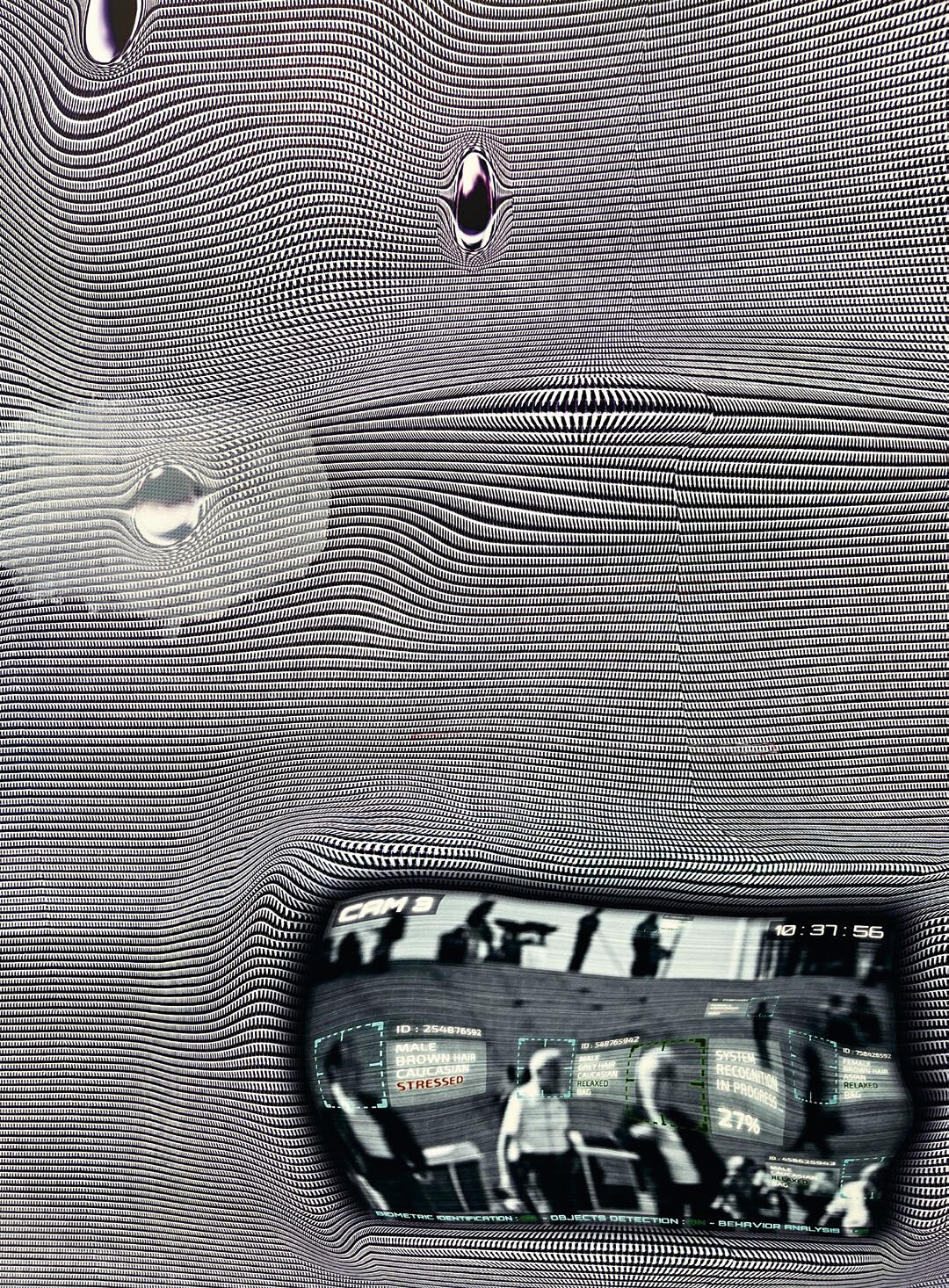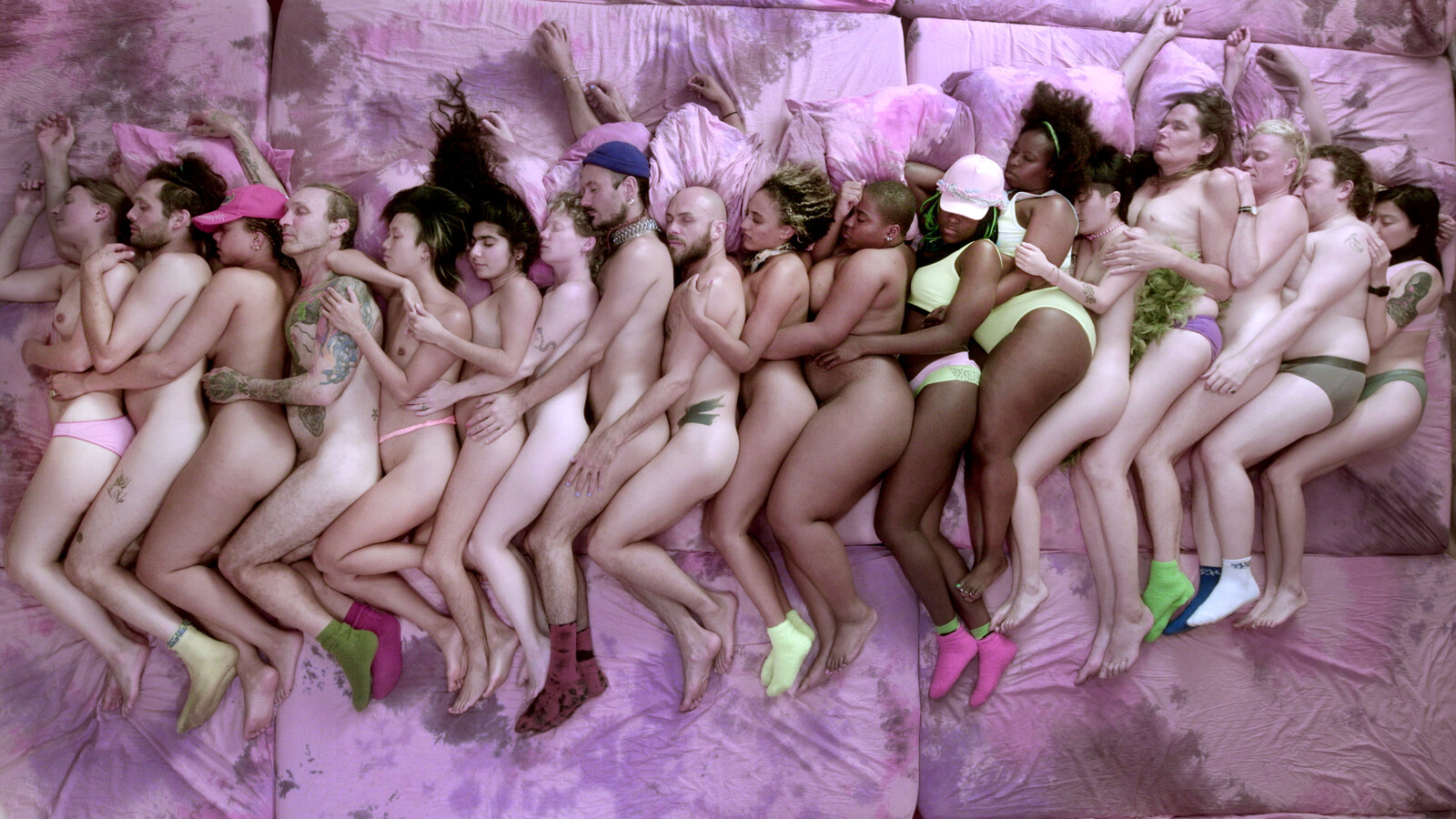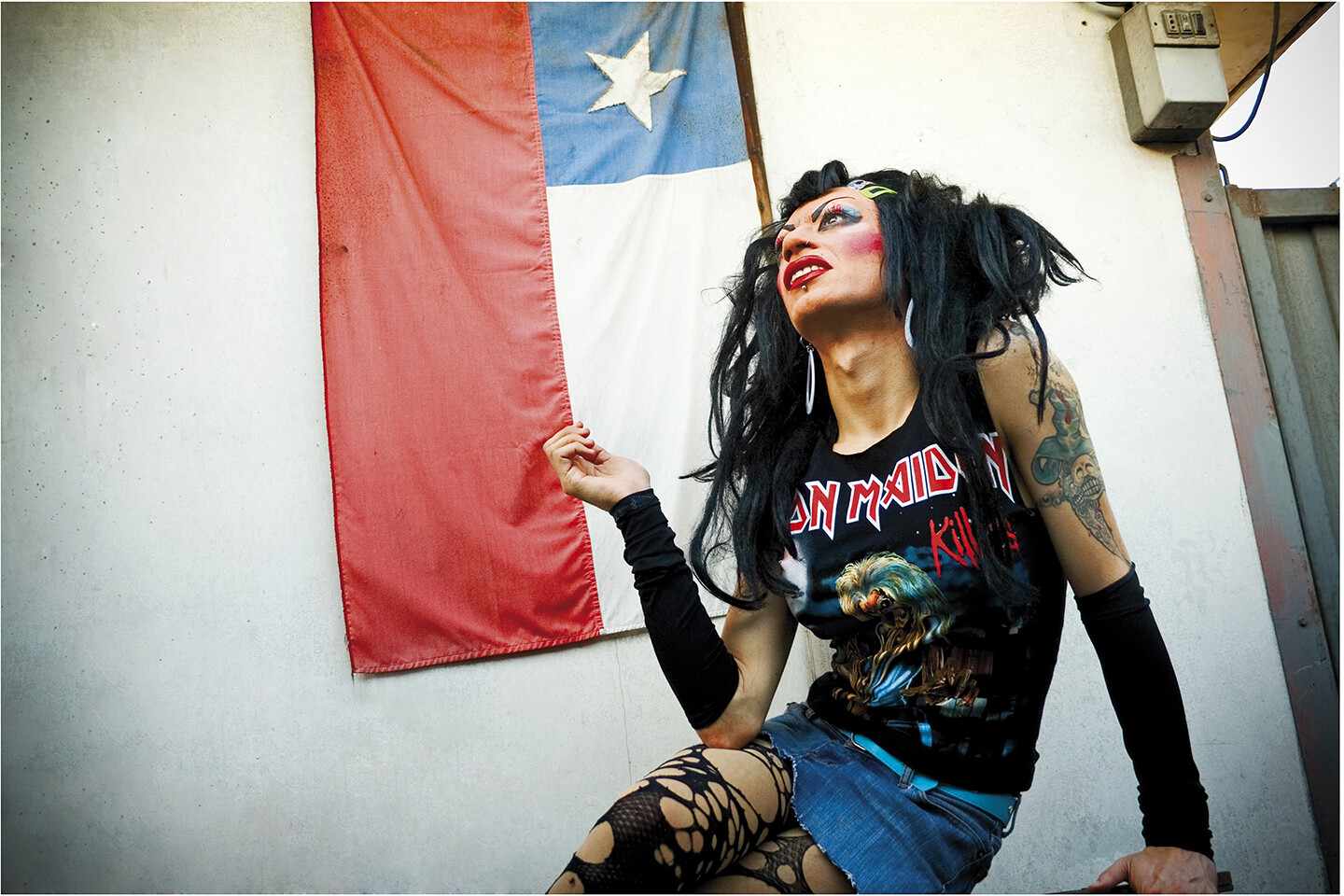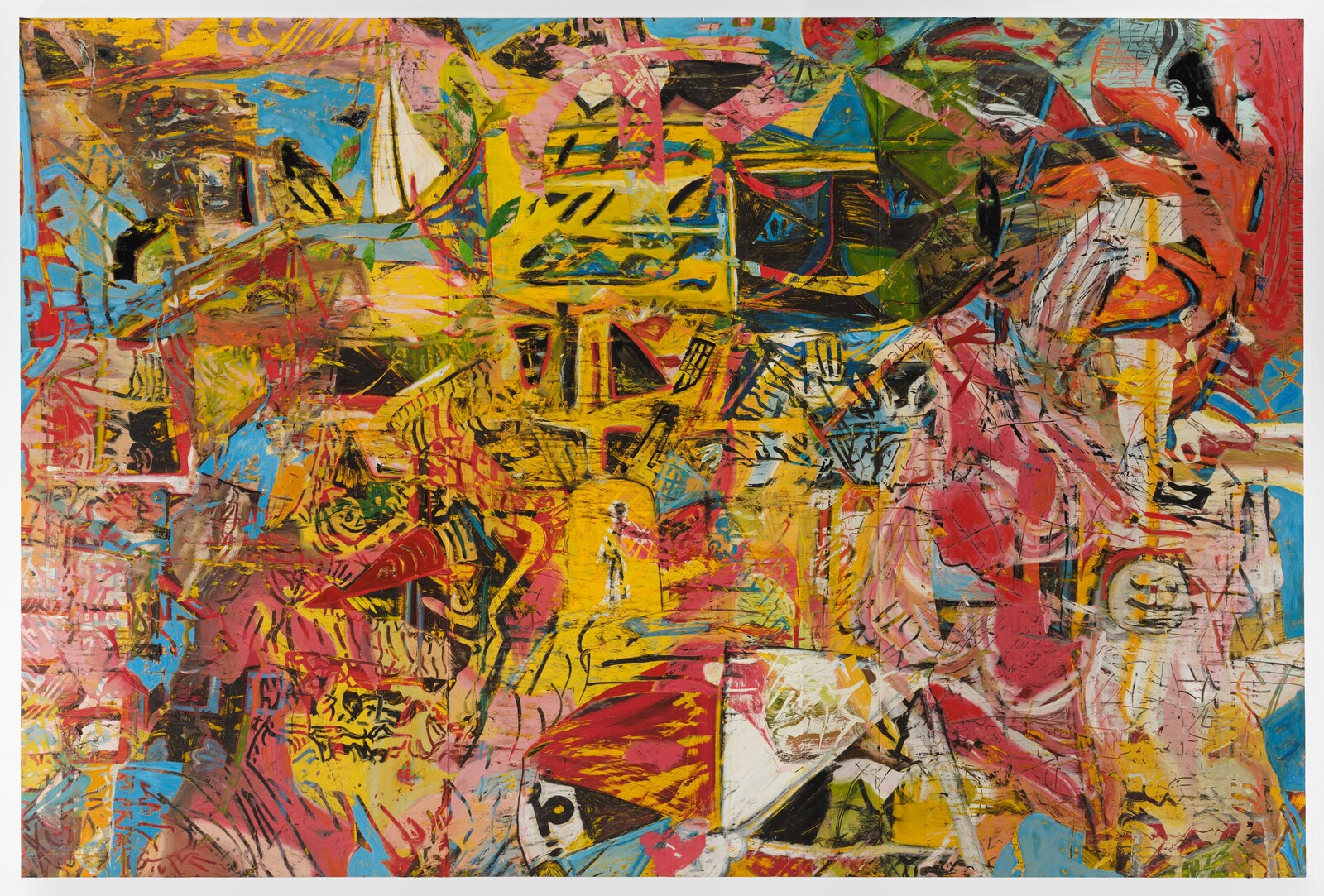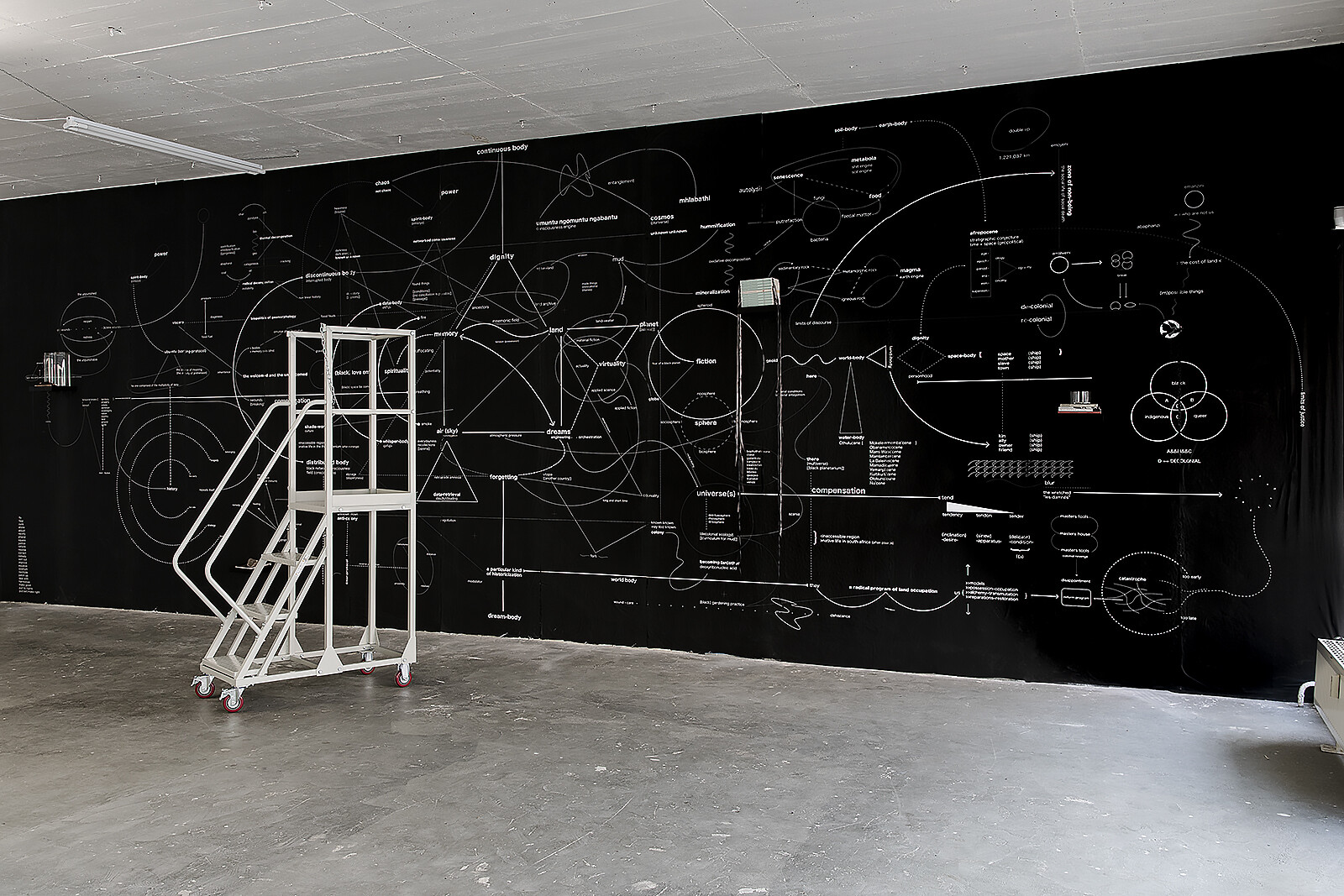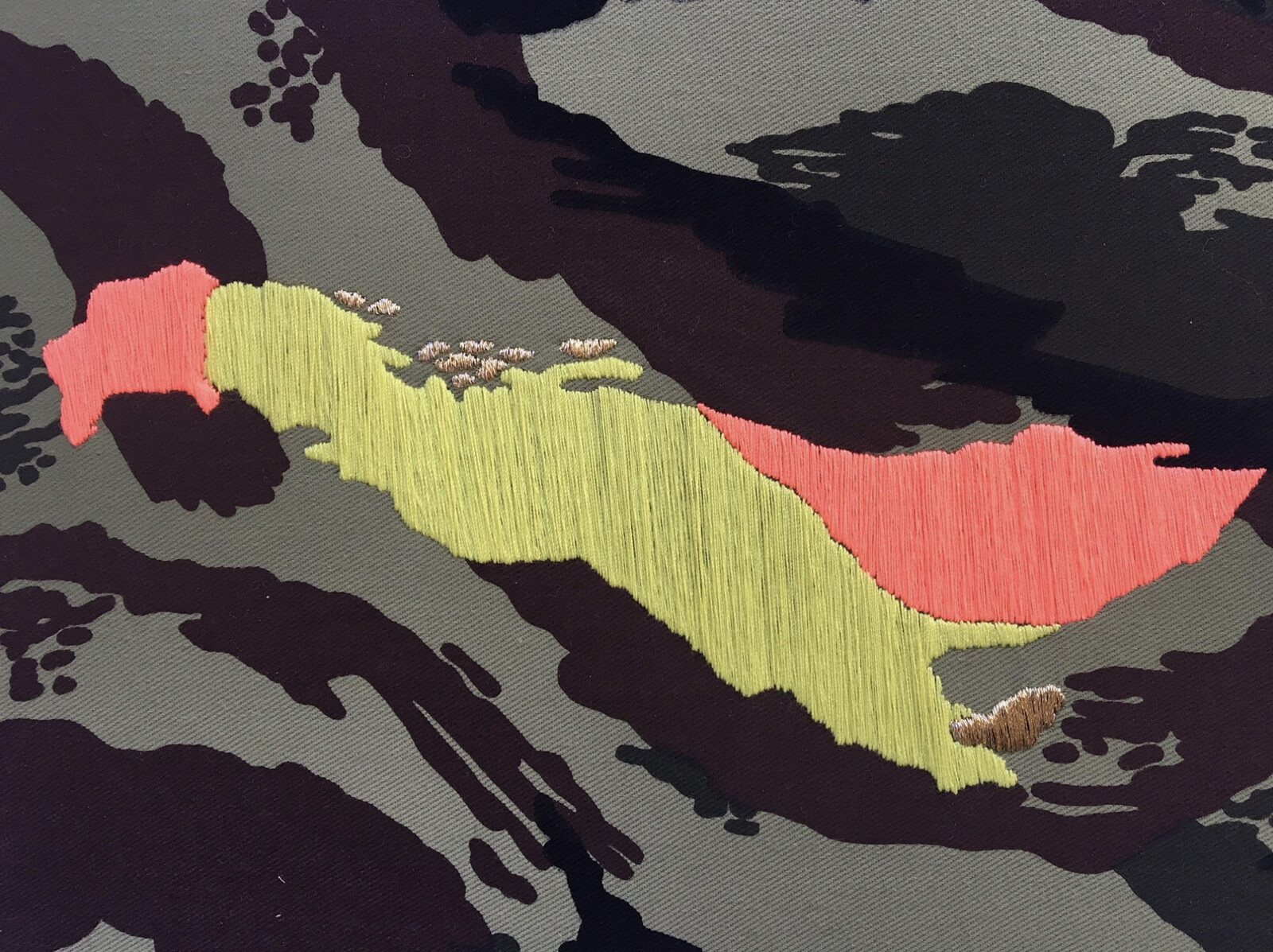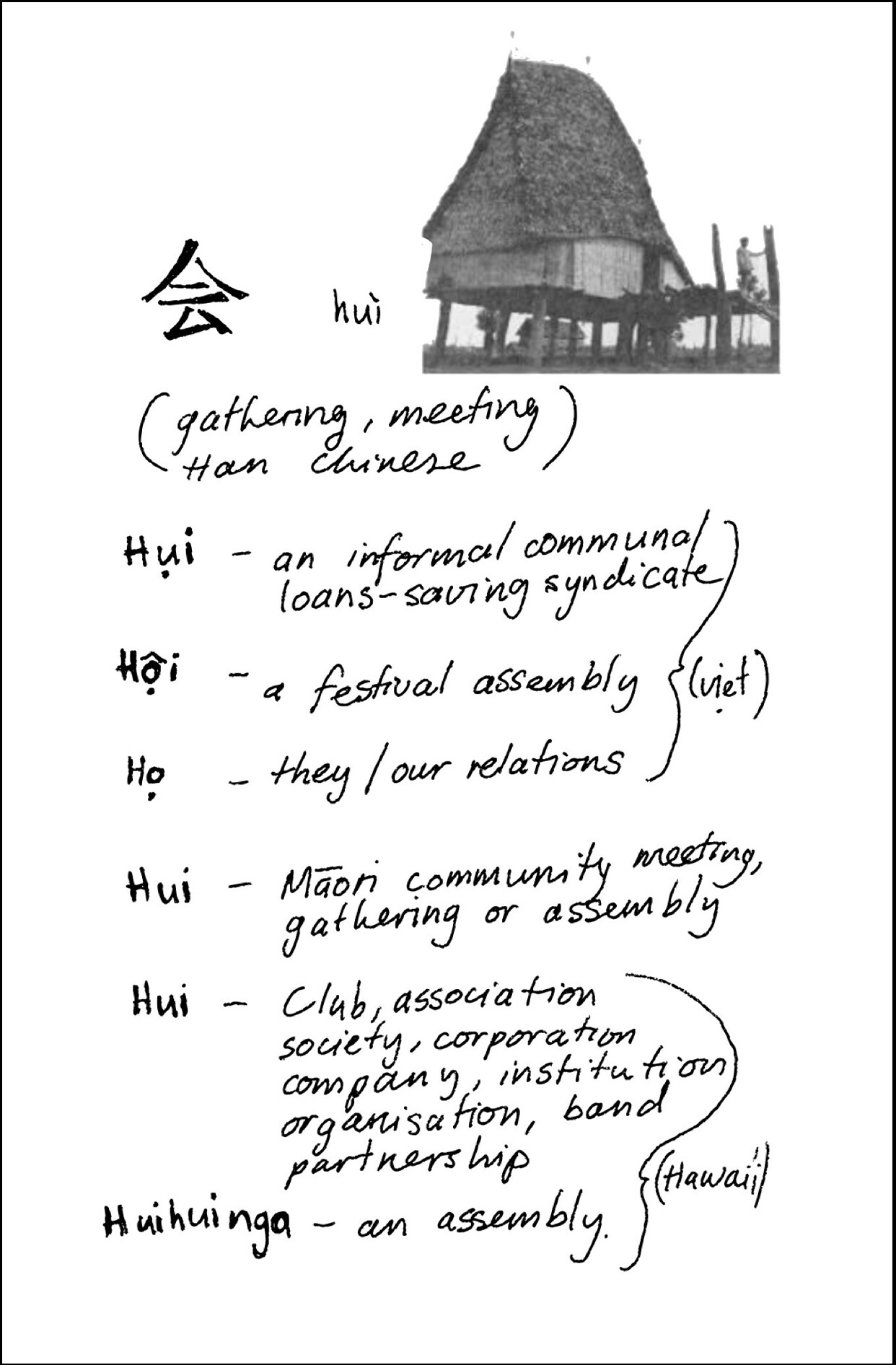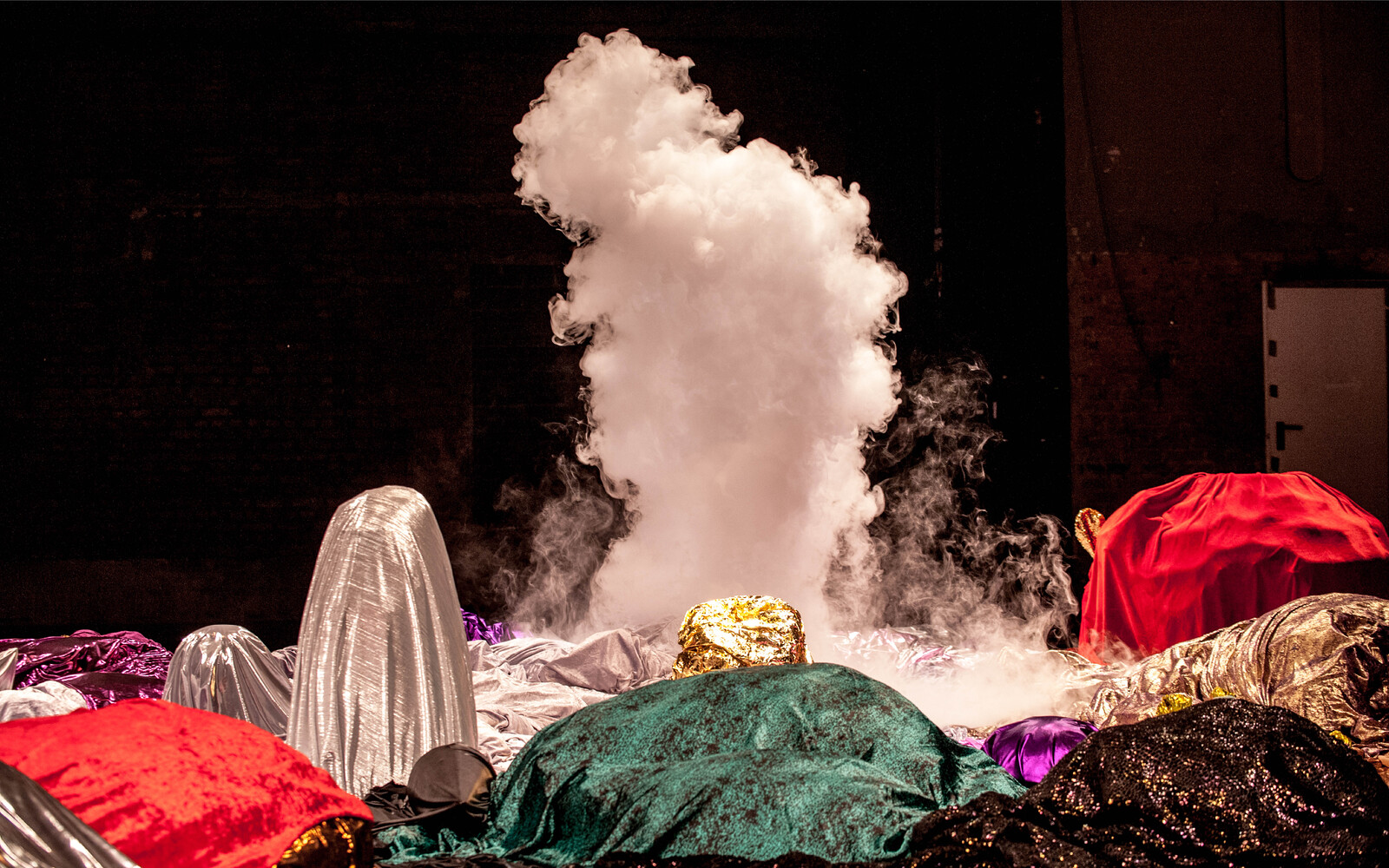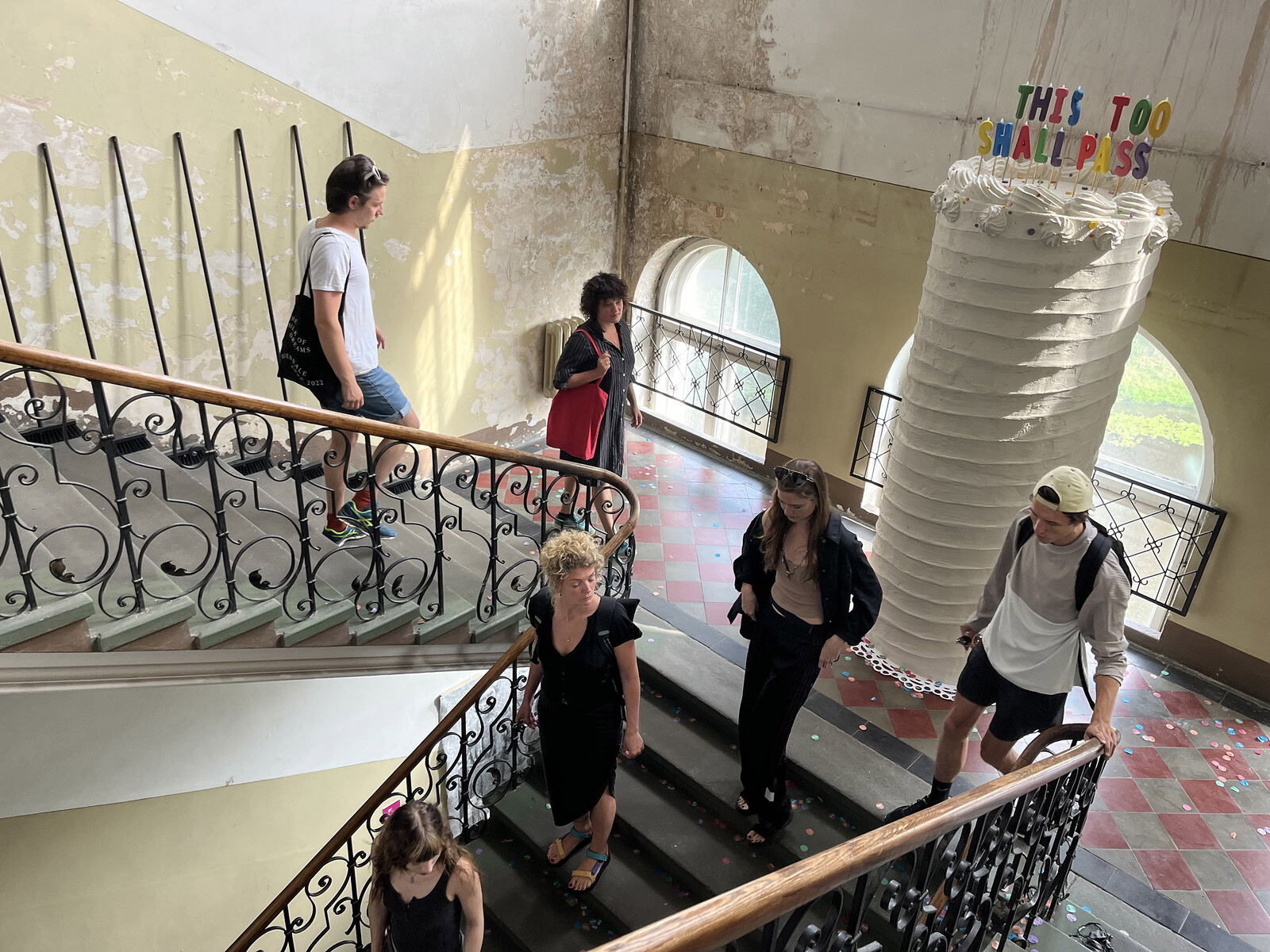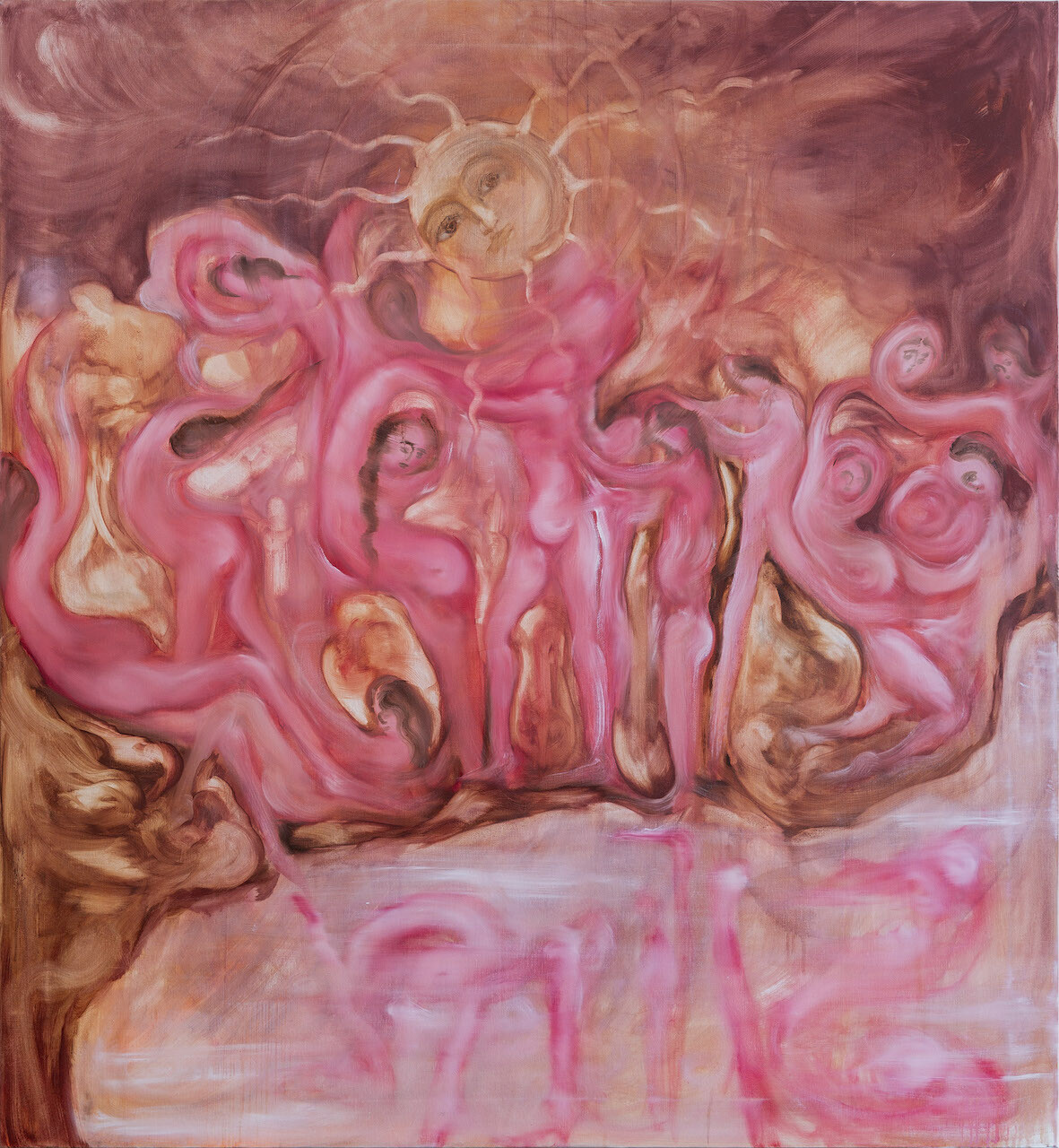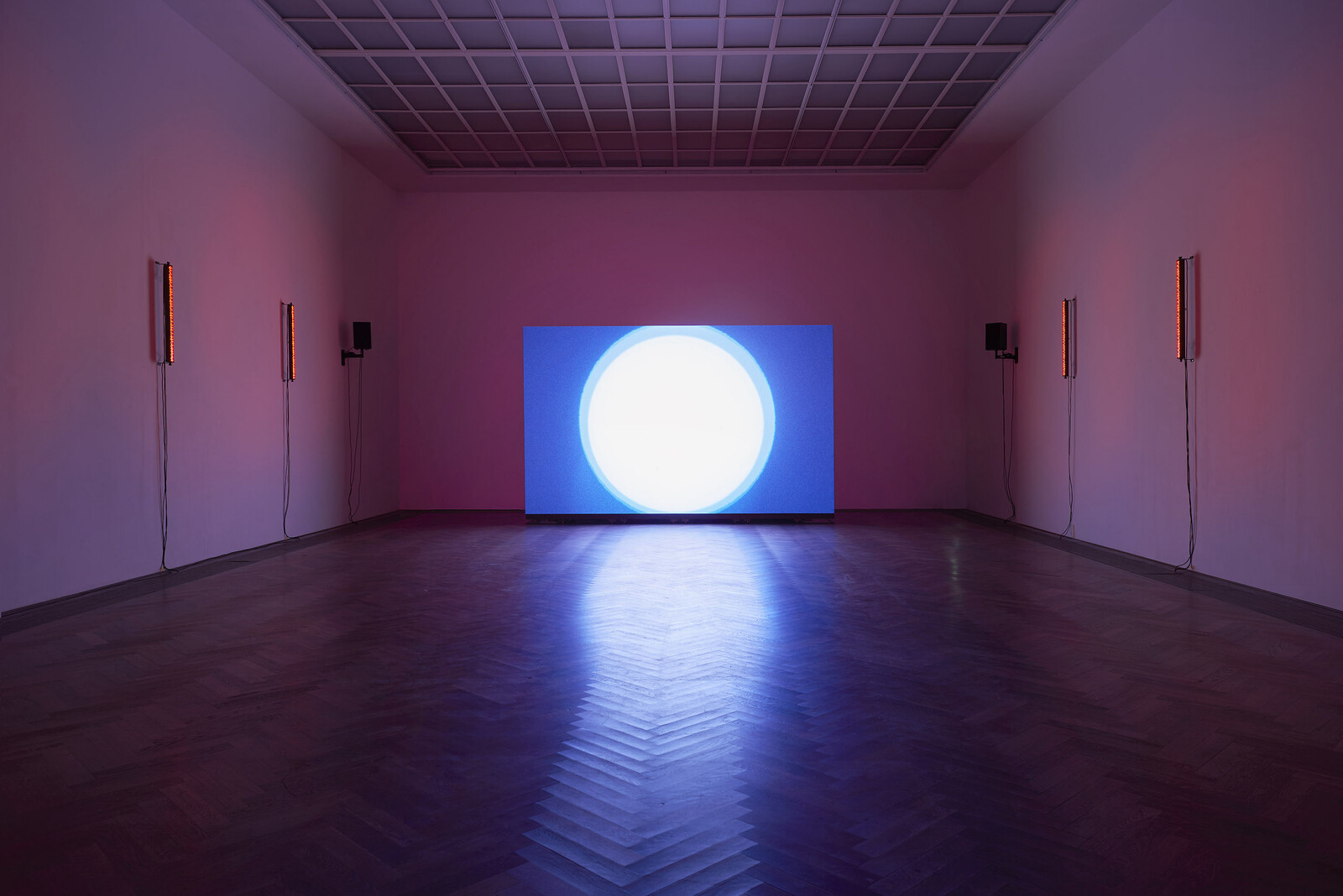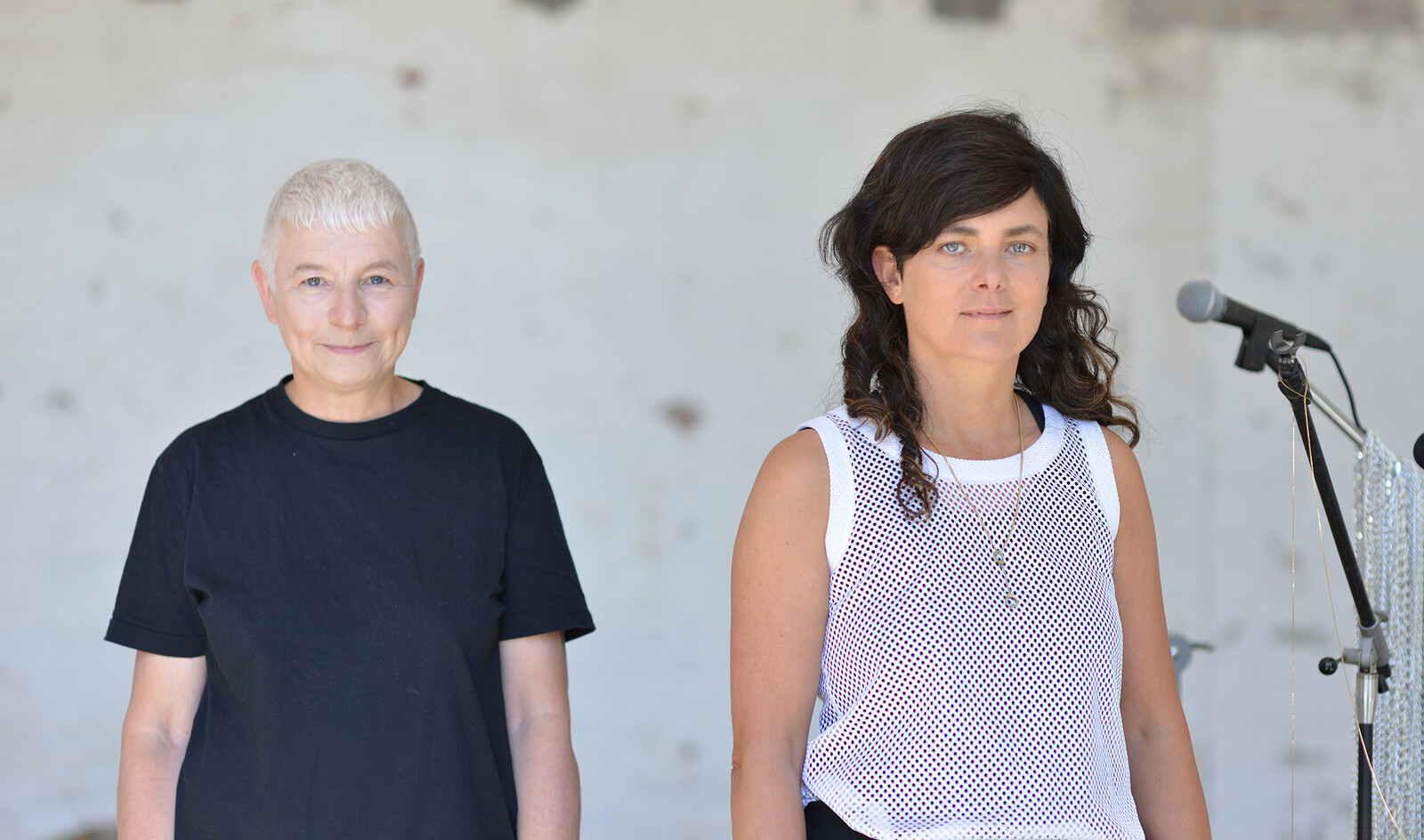Human Energy: Jessica Segall with Macarena Gómez-Barris
Even though Hija de Perra calls for the recognition of a culturally specific conception of what was called “queer” in Latin America, throughout her work she always remained sharply critical of nation-building perspectives. Indeed, she offered a framework for a hemispheric approach that maintained vigilance against the uncritical implementation of nation-based forms of theoretical and cultural knowledge.
It would be in our collective best interest to abandon old definitions. In the same way that you discovered the truth about Santa Claus and the Easter Bunny, you now discover that there’s been a frame-up—a made-up history, an idealized version of all those things you never wanted to reflect on before and which you adored as if they were gods.
The most interesting autotextual writing does one of two things, or even better, both: shows how selves are made, and makes room for a kind of self that otherwise barely gets to exist.
This text might be framed as an offering, an attempt at releasing latent animist lines of possibility for what late twentieth-century works like Bronze Head might do for us in our current climate of rising anti-queer sentiment, on the African continent and elsewhere.
Mariah wants “victory over the sun”; she wants to control her own lighting and thereby create her own system of time. None of this externally dictated, default reality! MC proposes a life of reparative denialism; rather than being touched by the tedium of reality, she floats above it—like a butterfly, that airborne creature of metamorphosis, transience, and flight that has accompanied her image for decades.
Erin Johnson: Selected Films



